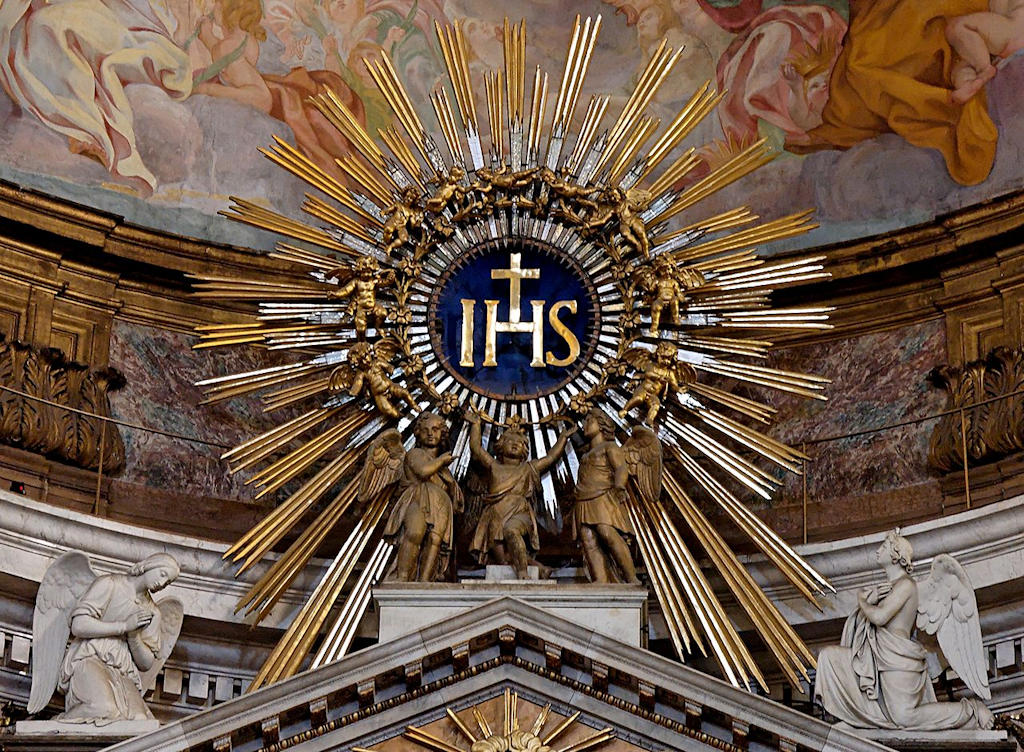However, over time, tensions began to arise between the Jesuits and various powerful entities within the country. One of the key figures instrumental in the expulsion was Sebastião José de Carvalho e Melo, better known as the Marquis of Pombal. As the influential minister to King Joseph I, Pombal held a strong distrust towards the Jesuits and perceived them as a threat to the monarchy's authority and the stability of the realm.
Pombal's motivations for expelling the Jesuits were multi-faceted. Firstly, he believed that the society's unwavering allegiance to the Pope and their strong organizational structure undermined the king's authority. Pombal aimed to consolidate power in the monarchy and promote a centralized government. Secondly, the Jesuits were deeply involved in the colonization efforts of Portugal, particularly in Brazil, which raised concerns over their influence and potential conflicts of interest. Additionally, accusations of financial impropriety and excessive wealth held by the Jesuits further fueled Pombal's resolve to remove them from Portuguese territory.
The expulsion of the Jesuits from Portugal in 1759 unfolded with swift and decisive action. On September 3, 1759, King Joseph I issued a decree ordering the arrest and imprisonment of all Jesuits residing in the country. The Jesuits were accused of various crimes, including treason, heresy, and conspiring against the crown. Their properties, assets, and educational institutions were seized by the state.
Lisbon, as the capital city, played a central role in this significant historical event. The Jesuits had a strong presence in Lisbon, operating schools, churches, and other institutions. With the expulsion, these once-thriving centers of Jesuit influence were suddenly disrupted and closed down. The expulsion resulted in a void in the city's educational and religious landscape, leaving a lasting impact on the people of Lisbon.
Lisbon.vip Recommends
The effects of the Jesuit expulsion in 1759 were profound and enduring. Portugal witnessed a significant decline in education and scholarship in the years following their departure. The closure of Jesuit schools disrupted the educational opportunities available to the Portuguese populace, especially the lower classes, who were particularly affected by the loss of accessible education.
Furthermore, the expulsion marked a turning point in the relationship between the monarchy and the Catholic Church in Portugal. The power and influence of the Church were significantly curtailed, as the monarchy sought to assert its dominance and control over religious affairs. The expulsion of the Jesuits from Lisbon and Portugal, therefore, symbolized a shift in power dynamics and religious influence within the country.
In conclusion, the expulsion of the Jesuits from Portugal in 1759 was a watershed moment in Lisbon's history. Driven by political, religious, and economic factors, this event reshaped the city's educational, religious, and social fabric. The absence of the Jesuits left an indelible mark on the people of Lisbon, reminding us of the complex interplay between power, authority, and the pursuit of centralized control in historical contexts. The expulsion of the Jesuits remains a significant chapter in Lisbon's past, one that continues to shape its cultural and religious landscape to this day.



